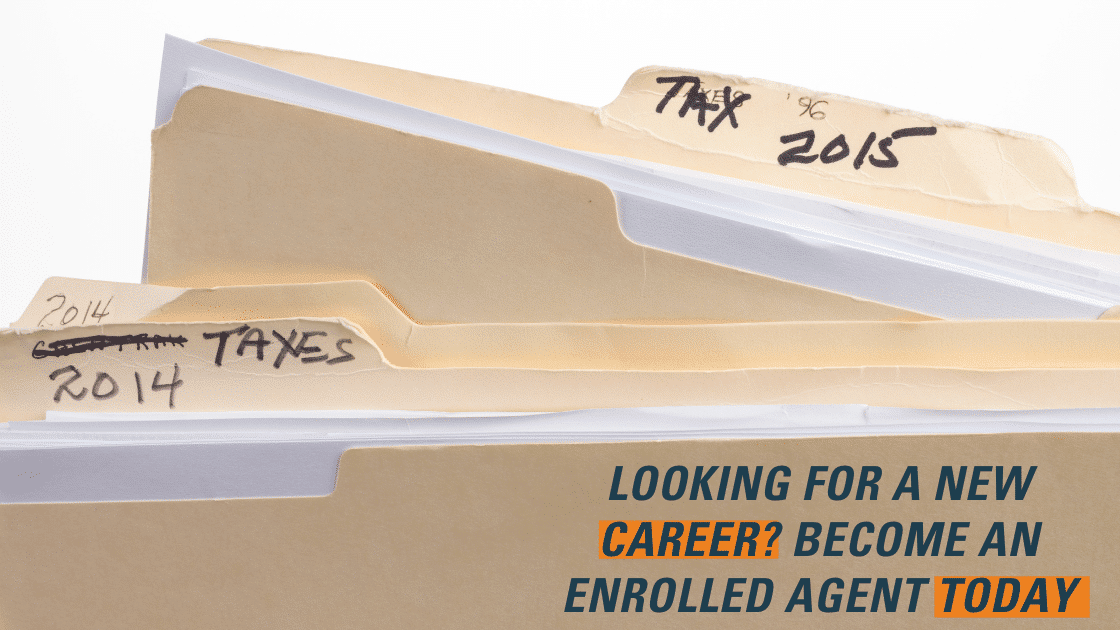Unlike a CPA, an Enrolled Agent can practice in all 50 states without needing to apply state-by-state to represent clients.
The demand for Enrolled Agents (EAs) continues to grow as taxes become increasingly complex. Now is the perfect time for tax preparers and firm accountants to consider becoming EAs.
Did you know that not all tax preparers can represent you before the IRS?
A notable advantage of Enrolled Agents is their unlimited representation rights. In fact, US Treasury regulations severely limit the representation rights of tax preparers who are not EAs, CPAs or attorneys. Those rights are further diminished if the tax preparer has not completed the Annual Filing Season Program.
From the IRS website: https://www.irs.gov/newsroom/who-can-represent-you-before-the-irs
What is an EA?
An Enrolled Agent is an individual who is federally authorized to represent taxpayers before the IRS. Generally, EAs are unrestricted as to which taxpayers they can represent, what types of tax matters they can handle and before which IRS offices they may represent clients.
Will I still be able to represent clients before the IRS if I don’t participate in the Annual Filing Season Program?
In the past, PTIN holders had limited representation rights. Now, according to irs.gov, tax preparers must obtain an AFSP Record of Completion to have the same limited representation rights. PTIN holders without an AFSP Record of Completion (or other professional credentials) will not be able to represent clients before the IRS in any matter.
In comparison, EAs, CPAs and attorneys have unlimited representation rights and can represent clients before any office of the IRS.
Should I sit for the Enrolled Agent exam if I’m already a CPA?
Many CPAs have chosen to sit for the Enrolled Agent exam and earn the credential, because it provides the same IRS representation rights as a CPA. But unlike the CPA, an EA is recognized in all 50 states. That means you can effectively provide services to clients in any state. This is a great benefit for accountants who want the flexibility of travel or who are approaching retirement.
Enrolled Agents may not provide an opinion on a financial statement like a CPA, so if your practice is assurance and tax, you will need your CPA license for any state where you do assurance work. However, if your practice is focused on tax and you want to be able to have tax clients from anywhere in the US, the EA option is an effective, economical option.
Ready to explore The Income Tax School?
Check out all the tax preparation programs offered to launch, and grow, your career today.






